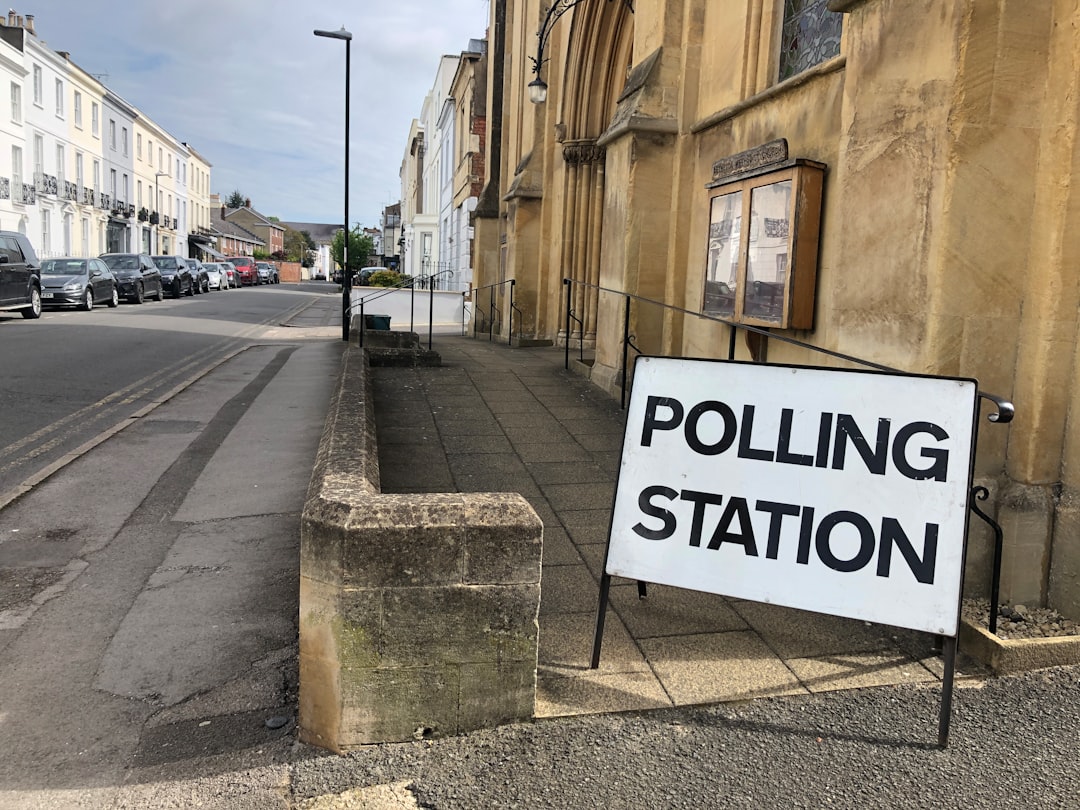Can we build a fairer society without reforming our democracy?
Our system allows those with the most socio-economic resources to exercise undue influence on politics. Do we need to sever this link before we can expect to make any progress on fairness?
When we polled the British public about attitudes to wealth inequality in May, one of the most interesting findings to emerge from subsequent analysis of the results was that even those 2019 Conservative voters who aren’t overly worried about inequality in principle are concerned about the influence of the wealthy on politics.
Money still buys influence in Britain, and that is a problem, both because it enables the wealthiest in society to defend their interests against the interests of everyone else, and because it reduces public trust in democracy and increases the appeal of populists and demagogues.
To quote the author (and member of our editorial board) Daniel Chandler:
The role of private money in politics is maybe the most egregious problem with democracy as we know it. Recent research from Warwick University found that in 2019, nearly half of all donations to political parties in the UK came from just 104 “super-donors”, giving an average of £442,000 each. This system gives disproportionate influence to a small and deeply unrepresentative donor class.
There are a range of ways in which we can prevent socio-economic inequality from creating political inequality in this way, from reforming party funding and the House of Lords, to cleaning up the lobbying system.
And there are also a knotty set of problems about political inequality in terms of representation and participation, well set out in a set of papers published by the IFS Deaton Review of inequality.
But there’s another, perhaps even more fundamental problem, which is that political decisions and debates are overly influenced by the actual or perceived views and interests of a minority of the population. In part, this is about the outsize political influence of groups who vote more - such as older people - and the consequent reluctance of political parties to introduce badly needed reforms that will affect homeowners, savers or pensioners.
But it’s also about the fundamental design of our electoral system. As Chandler points out in an interview with LSE about democratic reform:
I think it’s important to recognise just how unhappy people are with politics in the UK right now – just 17 per cent indicate that they are highly satisfied with our political system (on a par with Russia!) while more than half think our democracy needs major change, or a complete overhaul. And our “first past the post” voting system is a key part of the problem. People living in safe seats are routinely ignored, and those voting for smaller parties feel their votes are wasted.
Last month, Compass published a report called Winner Takes All (accompanied by a petition), arguing that “economic justice rests on democratic justice”, and that changing our voting system is the cornerstone of a new approach to tackling poverty and inequality. The report suggests that a key driver of inequality in the UK is our majoritarian system of voting (nine of the ten most equal countries in the world use some form of proportional representation), which produces a “structural bias against genuinely progressive policies” that “gives the dominant right wing media, corporate lobbyists, rich donors and swing voters a veto over policies for greater fairness and equality”.
The Institute for Public Policy Research recently published a paper looking at how to build support for democratic reform. The report shared public attitudes research that suggested that the most effective rhetorical approach for building support for reform was to talk about the ability of political processes to produce policy outcomes in the interests of most citizens:
Our survey experiment found the ‘delivery’ frame outperformed the others in its ability to increase support for democratic reform, raise the salience of the issue and the propensity to vote for a political party on the basis of this issue. We also found it outperformed the other frames in its ability to increase support for popular democratic reform ideas, including MP voting system reform and House of Lords reform.
In the run-up to a general election, the prospects for far-reaching democratic reform look limited at best; but the situation is volatile and could change quickly. We need to have the best ideas for reform ready to go, and we need to be building support for them in the background. At the same time, to avoid a complete loss of public faith in our democracy, we need to keep up the pressure on politicians to deliver real change within the confines of the current political system, such as by having a proper national conversation about fairer taxes (as our chair Julian Richer and Paul Nowak, general secretary of the Trades Union Congress, argued in last week’s New Statesman).



